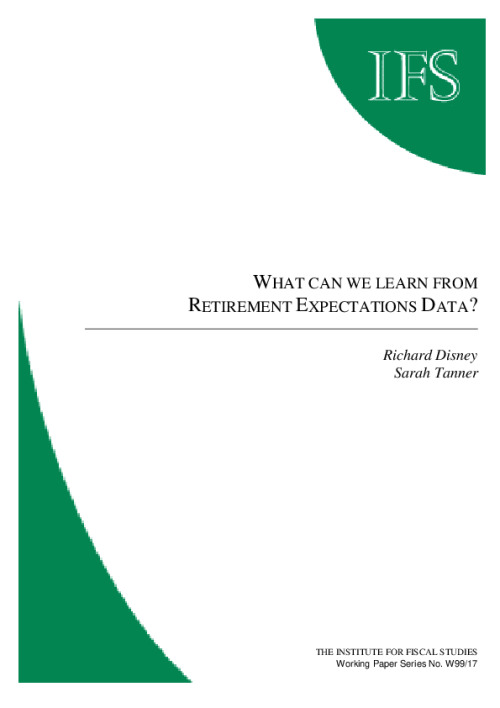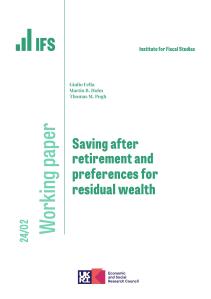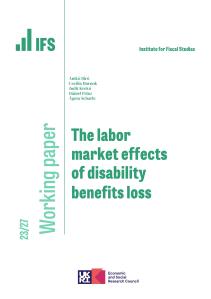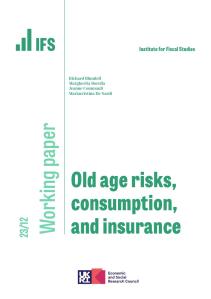This paper analyses retirement expectations and outcomes using the two waves of the UK Retirement Survey, undertaken in 1988-89 and 1994. We argue that responses to questions on expectations are not straightforward to interpret where individuals are asked to report point expectations. As in the studies for the US by Bernheim, the evidence here suggests that individuals tend to report their most likely retirement date. About half of the sample retired when they expected. Men tend to retire earlier than expected on average, but with only two waves of data we cannot reject that this is caused by a common shock over the period. Changes in health and marital status are linked to divergences between expectations and realisations. We extend the analysis to consider ѤonҴ know' responses, which we argue may be a rational response when individuals face greater uncertainty over their future retirement date. We provide evidence to support this hypothesis. Finally, we show that information on expectations can improve the accuracy of models of actual retirement behaviour, most likely because they provide a suitable proxy for unobserved tastes for income and leisure.










